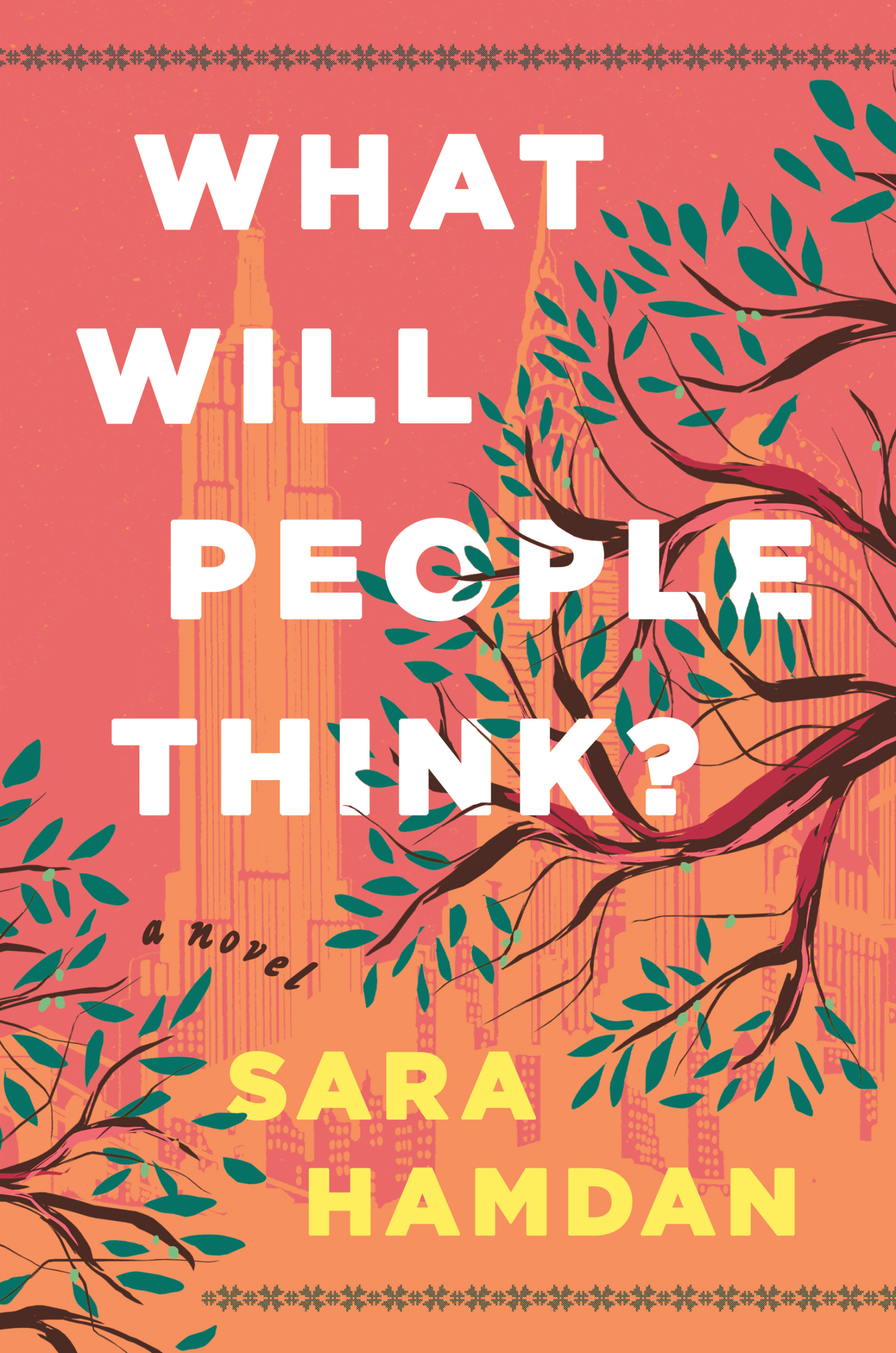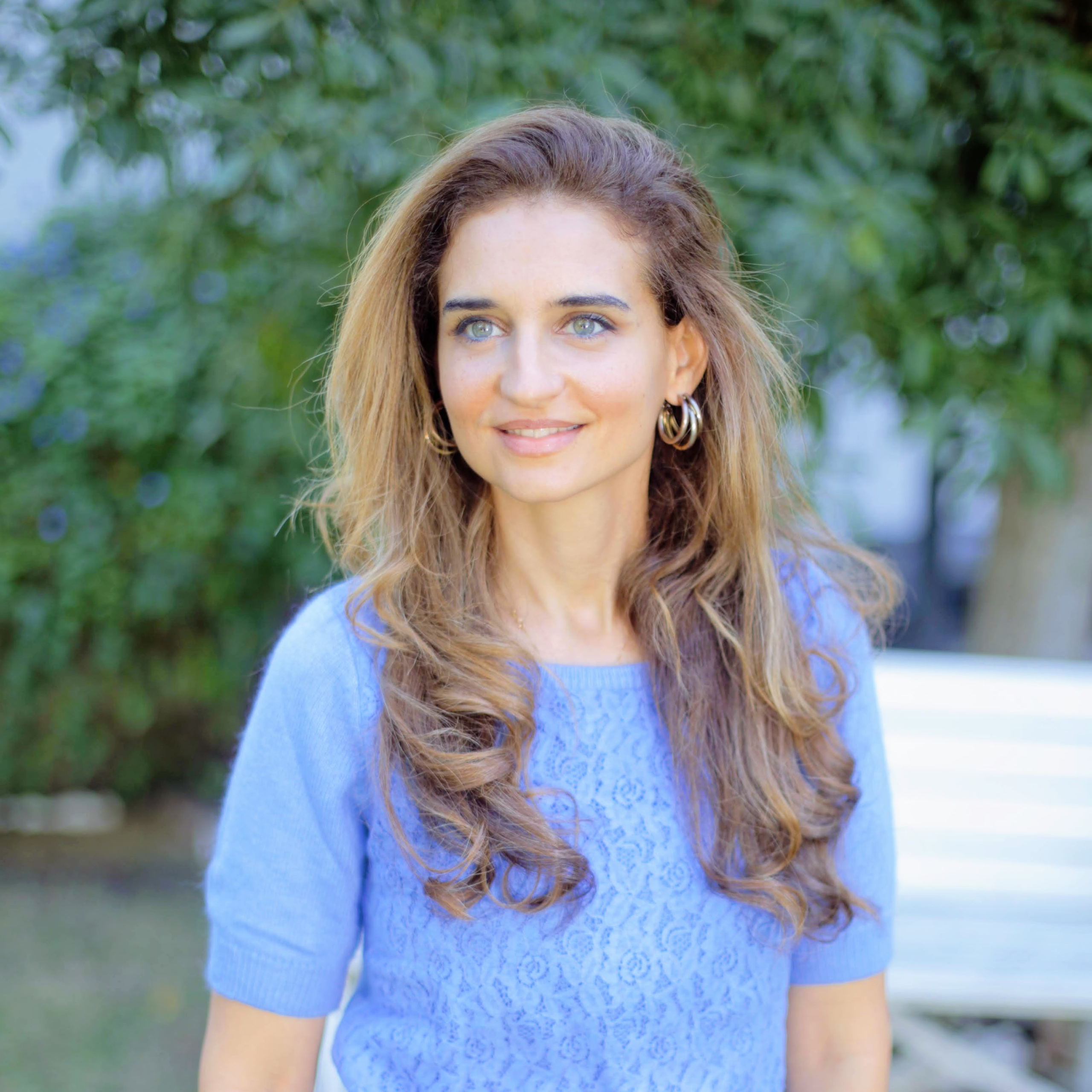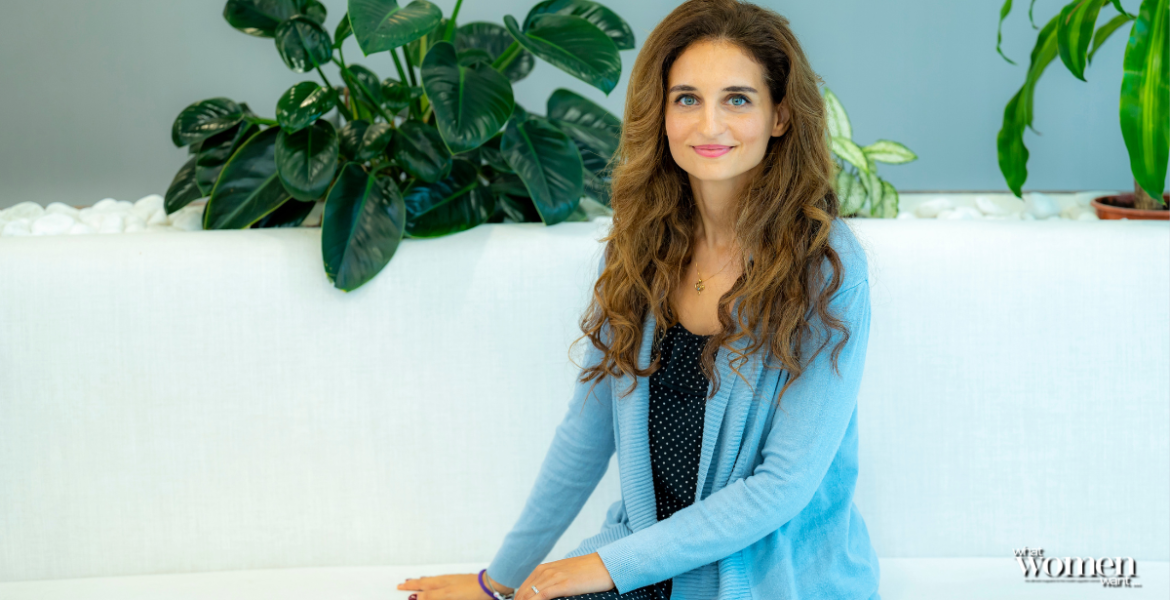Sara Hamdan’s book ‘What People Think’ catches the eyes of many. It’s a book that speaks to Arabs personally, shines light on our traditions, culture, and the immense love we have. Sara Hamdan is a Palestinian-American writer who shared an uplifting and joyful story while still discussing important issues we can all relate to.
Sara Hamdan
The new book ‘What People Think’ by Sara Hamdan. Her debut book caught the eyes of many with its interesting plot. The book deal is the largest in the MENA region for a contemporary female author. Furthermore, it was chosen as a finalist for Jimmy Fallon’s 2025 Summer Book Club. Moreover, she won Netflix’s Short Story Award based on the protagonist of the story. She shares,
“What Will People Think? is my debut novel, and I see it as a natural extension of all the storytelling I’ve done in different mediums over the years.”
Sara Hamdan grew up in Greece. She started her career in finance first, then shifted to journalism, where she pursued her dream of writing for The International New York Times about multiple topics like business, culture, and education for 6 consecutive years. She shares,
“Journalism taught me discipline, curiosity, and how to capture a scene or a voice in very little space.”
Sara worked on writing the book for ten years, perfecting it. Being a working mom, she had to juggle between work, her kids, and writing the book she wanted to share with the world in her free time, saying,
“I wrote much of it in the margins of life, in the early mornings before work and before my children were at school.”
‘What Will People Think’

Sara’s cultural background shapes her writing profoundly, which we can see in the novel’s plot. It follows Mia, a Palestinian-American, living in New York City with her grandparents. She leads a double life as she works as a fact-checker by day, while pursuing stand-up comedy at night. Worried that her grandparents won’t approve of this lifestyle, she keeps it a secret. Another interesting sub-plot that takes place in the novel is Mia’s grandmother’s diaries. Talking about her days in 1940s Jaffa, right before the Nakba took place. Connecting the protagonist to her heritage and past. As Sara wanted to speak about Palestine in the 1940s while representing Palestinian people in a modern, contemporary setting, these are important stories to be heard.
Sara comments that the inspiration for her protagonist came from different women she knows in her life, adding that “I wanted to give her an outlet like comedy because humor is often how we process the hardest things.”
Sara wanted to touch on important topics concerning Arabs. For instance, the Palestinian humanitarian crisis, the duality of Arab generations, their diaspora, and young Arabs figuring out themselves. However, she wanted to discuss these subjects with warmth, joy, and love. She expresses
“I want to move beyond trauma narratives and create joyful, funny, layered stories about Arab lives.”

The Representation of The Duality of Mia
The duality Mia goes through in the novel reflects the duality many women feel between who they are at home and in public. Something that Sara opens up about,
“My background is central to everything I write. I grew up balancing two worlds: Arab traditions and American pop culture references. That duality gave me both humor and insight,” adding, “It’s funny, sometimes heartbreaking, and always complicated.”
Sara adds that the inspiration for her protagonist came from different women she knows in her life.
Moreover, many young Arab people feel the pull and push between multiple cultures and identities. Feeling torn between a traditional lifestyle and incorporating things they want to pursue, which are more contemporary. Especially Arabs with mixed ethnicities or who live in the West. Many of us feel lost about where to fit in a world where constant pressures are trying to put us in a box. For instance, Mia is trying to pursue stand-up comedy at night, which might not be completely accepted by her grandparents, and lives two separate lives trying to balance between them.
Her Message to the Upcoming Generations
Sara hopes to spark conversations about identities, the pressures on young Arabs, and Palestinian issues. She comments
“I also hope Arab readers see a story that reflects the joy and complexity of our lives, not just the struggles,” adding that, “I think that today’s humanitarian catastrophe in Palestine affects us all worldwide, and my hope is that art and stories like mine and yours can deepen empathy.”
Sara shares that if she were to advise young Arabs, she says,
“My hope is that books like mine can remind readers that their voices, dreams, and contradictions are valid. And that it’s good to laugh!”
Now Sara is working on her second novel, saying, “It’s a very different story,” still exploring cultural identity, creative ambition, and delicate relationships.

